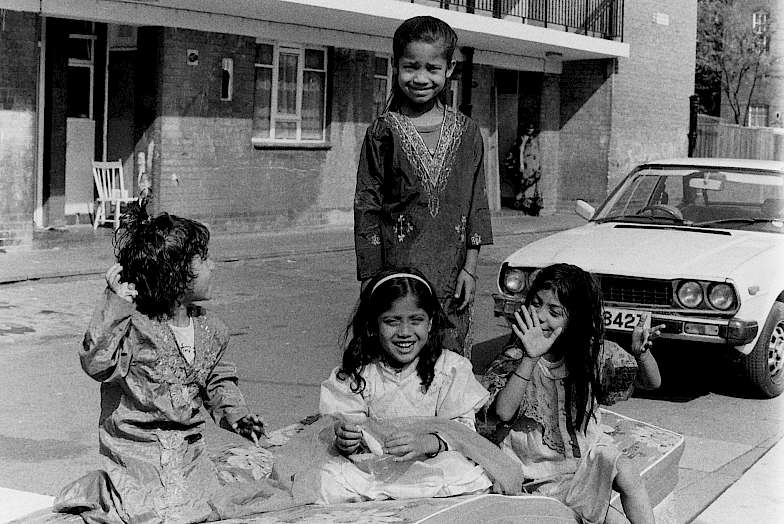Listeners:
Top listeners:
-
play_arrow
London Bangla Radio Broadcasting Bangla 24/7
-
play_arrow
Sylheti Music Radio Sylheti Music 24/7
-
play_arrow
Islamic Sound Radio Islamic radio channel
-
 play_arrow
play_arrow
Sur Shondha 1
The Resilient Journey: A Brief History of Bengali People in the UK
todayOctober 20, 2023 668 23 5

The United Kingdom has a rich tapestry of cultures and communities, shaped by centuries of migration and integration. Among the many groups that have contributed to this diverse mosaic, Bengali people hold a significant place. Their presence in the UK is a testament to the enduring spirit of migration and cultural exchange. In this article, we will explore the history of Bengali people in the UK, their contributions, challenges, and the vibrant community they have built.
Early Arrivals
The history of Bengali migration to the UK dates back to the late 19th century when the British Empire encompassed India, including the region of Bengal. Some of the earliest Bengali immigrants were lascars (sailors) and domestic servants who accompanied their British employers to the UK. They settled mainly in port cities like London, Cardiff, and Liverpool. These early arrivals faced discrimination and challenging working conditions, but their tenacity laid the foundation for a larger Bengali presence in the UK.
Post-World War II Migration
Bengali migration to the UK increased significantly after World War II, as the British government sought to rebuild the nation and fill labor shortages. Thousands of Bengali men came to the UK to work in sectors like textiles, manufacturing, and the transport industry. They played a crucial role in rebuilding the country and strengthening the economy. Despite facing racial prejudice and discrimination, many Bengali workers made the UK their home and started to bring their families over.
The Birth of a Community
The 1950s and 1960s saw a steady stream of Bengali immigrants, particularly from the Sylhet region of Bangladesh, seeking economic opportunities. They settled primarily in the East End of London, particularly in areas like Whitechapel and Stepney. These neighborhoods soon became the epicenter of the Bengali community in the UK. Over time, they established community centers, places of worship, and businesses, which continue to thrive to this day.
Cultural Contributions
Bengali culture has made a lasting impact on the UK. The Bengali community introduced British society to a rich tapestry of music, art, and cuisine. Bengali cuisine, with its flavorful curries and aromatic spices, has become a staple of British cuisine. Cultural festivals such as Durga Puja and the Bengali New Year’s celebration (Pohela Boishakh) are widely observed, not only by Bengali people but also by the broader British population.
Challenges and Achievements
The Bengali community in the UK has not been without its share of challenges. Discrimination and racism have been persistent issues, particularly in the early years of migration. However, the community’s resilience and determination have led to several achievements. Bengali individuals have excelled in various fields, from politics to literature, with notable figures such as Rushanara Ali, a Member of Parliament, and Monica Ali, an acclaimed novelist.
Political Engagement
The Bengali community has been actively involved in British politics and has made significant contributions. Bangladeshi-born politicians like Galloway and Rahman are examples of political figures who have represented the interests of the Bengali community on both local and national levels.
The history of Bengali people in the UK is a testament to the enduring spirit of migration, resilience, and cultural exchange. From humble beginnings as sailors and laborers, the Bengali community has grown and thrived, leaving an indelible mark on the cultural, culinary, and political landscape of the United Kingdom. As they continue to adapt and evolve, the Bengali community remains a vital and vibrant part of the diverse fabric of British society, contributing to its ever-evolving story.
Written by: admin
COPYRIGHT @ London Bangla Radio Privacy Policy | Streaming Royalties


